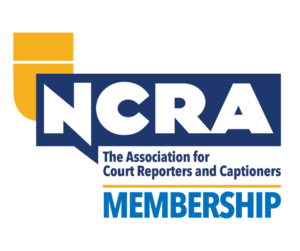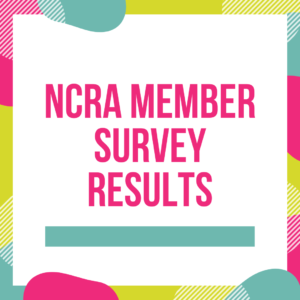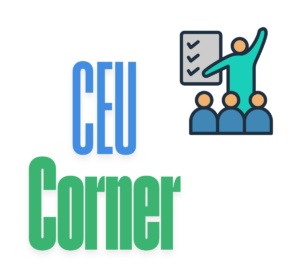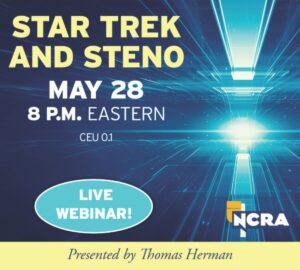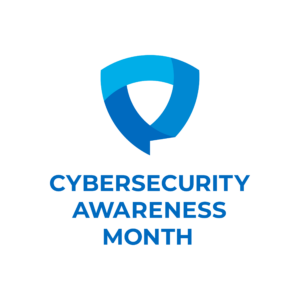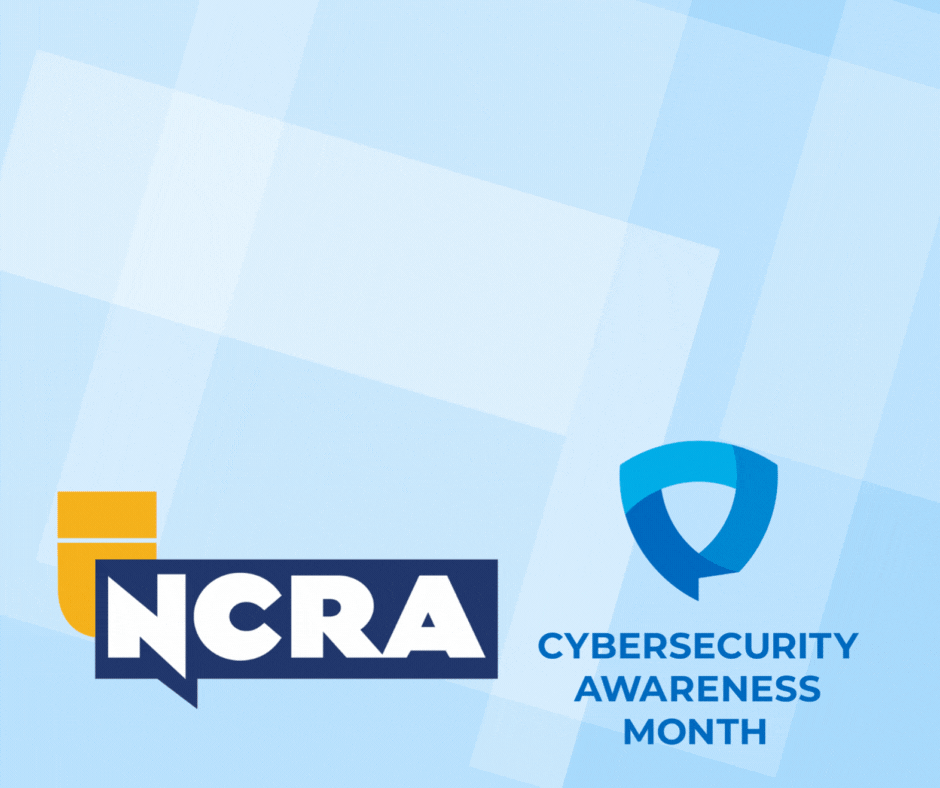By Denyce Sanders
In the February 2013 issue of the JCR, I wrote an article on saving time using Case CATalyst. This year I would like to follow up on that and ask: Have you looked for ways to save yourself time and avoid errors? If you have, fantastic! If not, no worries. You can always start. If time is an issue, do one thing at a time or “schedule” yourself an hour of Case CATalyst time. You can make these changes anywhere – kid’s soccer game, coffee shop, watching TV.
Syncing with Dropbox
I use two computers. I have one that is strictly my depo computer with Windows and a home desktop that is a Mac and runs Parallels so I can access Windows on the Mac. For years, I would have to back up and go home and put the job on my home computer.
In 2014, I crashed two Windows 8 computers. I lost everything. Fortunately, I had my notebook so I could keep working, but I also had my system files and personal dictionary backed up to Dropbox. Dropbox is much more reliable than a flash drive, a CD, or Livebook. I thought I was protected but guess what? My Livebook wasn’t backing up properly. I also write units of every job to Dropbox. That way, I have a third copy of my job. For those of you with just one computer, writing units to Dropbox is an extra protection and safe, from, a theft, car accident, coffee.
Using Dropbox, whatever I write on my notebook automatically shows up on my desktop. Advantages? My rush job didn’t sign properly, my notebook crashed, I forgot to turn in my paperwork on my job but I scanned it and it’s sitting on my home computer. As of 2014, situations like these are no longer a problem for me. I still back up my job to a flash drive (old habits die hard), but I can now go home and work on that job just by sitting at my desk in my office. Didn’t finish my app page? No problem. Anything I might need at a job, I have synced with Dropbox. It has saved my bacon more than once! If I have an Internet connection, I can be anywhere and my computers will sync.
New field additions
I have since added a videographer field and time fields. I used to have a time caret. Now I no longer have to go the beginning and end of a file to find the start and end time and manually type it in. I replaced my time caret with the new field, and I modified a stroke that came with a new version of the Case CATalyst realtime commands dictionary and made it my own. Copy and paste is a wonderful thing!
Before every job, I create my job dictionary. I enter in everything from the caption, including witness name and lawyer names and whatever else I have. If the witness is an expert, I try and Google him and job define the usual things – schooling, type of work, etc.
I have a naming system for my apps and job dictionaries so that I can find them later on. For example, if the case name is Smith v. Jones, my app will be appsmith v jones and my job dictionary will be jdsmith v. jones. I do this for a few reasons. It saves time trying to figure out who the witness I took six months ago was; or, if the case sounds familiar, a couple key strokes will tell me. It is then very easy to find my previous witness and copy and paste those job dictionary entries into my job dictionary. The less I have to define, the more time I save and the cleaner my transcript – especially if they tell me that they want a rough draft … at the end of the day.
My app pages are separate because it saves time on filling fields. Using F8, I can just scan and fill them in versus having to clear them from the page. If a location changes, I have a caret in my master app file next to my Firm1 and Firm2 just in case I wind up at the courthouse instead of a law firm. The caret is an easy reminder and can be deleted quickly, saving a location error.
To save more time and to build on my personal system, I will do cert pages for continuing cases. For example, if I am working for both sides in a case, I create a cert page for each attorney with all the important parts filled out – who gets the original, bar number (field), etc. – and I name each cert file with the name of the taking attorney. So when I am putting the job together, all I have to do is choose that cert file and voila, done! Everything auto fills in –the date, the witness name, the attorneys. The only thing that I should be filling in on a cert page is the caption and that should be copy and paste! Everything else should be a field or a placeholder.
However, I rarely fill in my witness_name field anymore. I have discovered the Define Fields tab on the translation screen. Here I hit “w” for witness name, and I predefine it. I also predefine my exhibit placeholder, too, so when I write realtime, Smith Exhibit 1 comes out Smith instead of my wit_name exhibit field.
Using a briefcase
I use the little black/yellow briefcase at the top of my tool bar for continuing cases, which has a number of advantages. All my witnesses are in one location. My dictionary now becomes a “case” dictionary and that means that any define using k-define will go into that specific dictionary. I do, however, use j-define per witness for things like home addresses and children’s names, etc., that are not part of the case and really only specific to that one witness.
Core lists
I create a core list for my scopist/proofer on large cases or depos with lots of spellings. A core list is useful because it allows me to have all my spellings in one file that I can save and edit. A core list can be used on any job, is easily uploaded to Dropbox, and can be named anything I wish.
To create a core list simply be in the job I would like to create the core list for, go to tools and create core list. It is that easy. Once created, it’s a .txt file so I can modify it and save it/rename it, whatever I need.
There are various ways to do things, and this is my system. I know some reporters do every job as a case. I know some reporters who cut and paste from a previous witness (shudder) to do their beginning and ending pages. This is a tremendous time suck. Some reporters rely on their scopist to do their front and back pages.
Give yourself a time-saving gift certificate this year! I promise you, it will pay off.
Denyce Sanders, RMR, CRR, is a freelancer in Houston, Texas. She can be reached at denyces@comcast.net.






